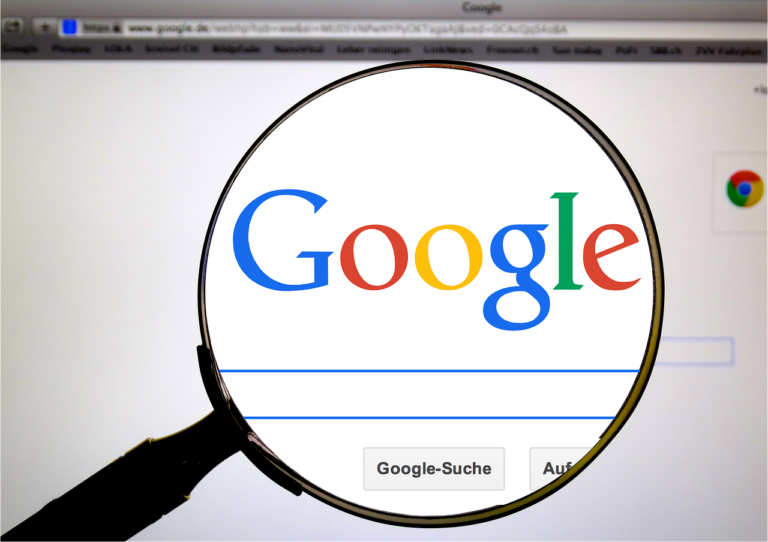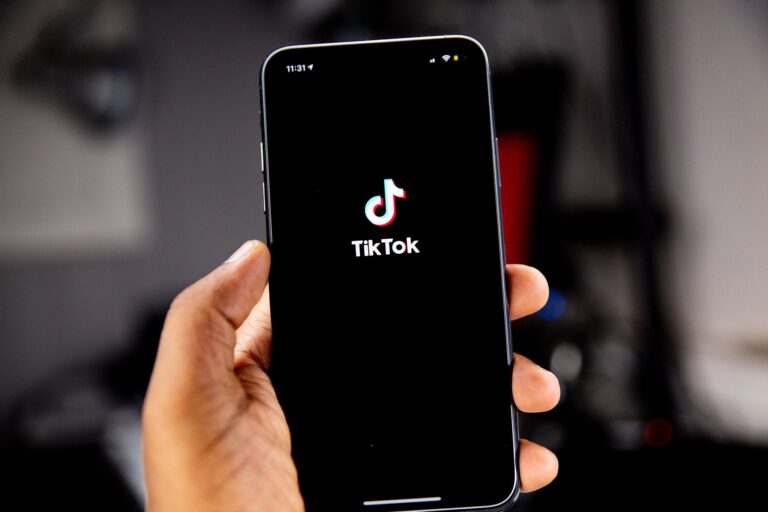
The White House vs. Social Media Platforms
To date, social media companies and other online technology platforms have operated virtually unregulated. Big changes may be coming.

To date, social media companies and other online technology platforms have operated virtually unregulated. Big changes may be coming.

The US Justice Department appears poised to bring an antitrust case against Google. If it does, this could be the biggest antitrust case in United States history.

For many students, families, and businesses, Zoom is an ‘essential service.’ But data security issues with the platform are drawing unwanted attention, criticism, and even lawsuits.

In a piecemeal regulatory environment, consumers will bear the brunt of the responsibility for vetting any app they choose to give access to their medical information. How that information is protected will be the province of third parties – until legislated otherwise.
For now, the biggest questions still lack clarity: is scanning a photograph and not a face a violation of the law? Is there a legal precedent for ‘concrete injury’ as it relates to biometric data? The answers may have billion-plus dollar ramifications for tech companies, privacy advocates, and product users alike.
The notion that data is the property of consumers—and not businesses that collect it—is a relatively new (but impactful) premise. Until national legislation is introduced, California’s CCPA looks to be the standard-setter across the US for the time being.

DNA phenotyping has the potential for positive use cases for law enforcement, but it is still early days for the technology. As it evolves, it appears more information and review are necessary to come to a true conclusion about its efficacy – and to develop the guidelines and processes to safely use it.

Chinese companies looking to purchase US counterparts will be subject to a harsher spotlight where US-citizen user data is concerned.